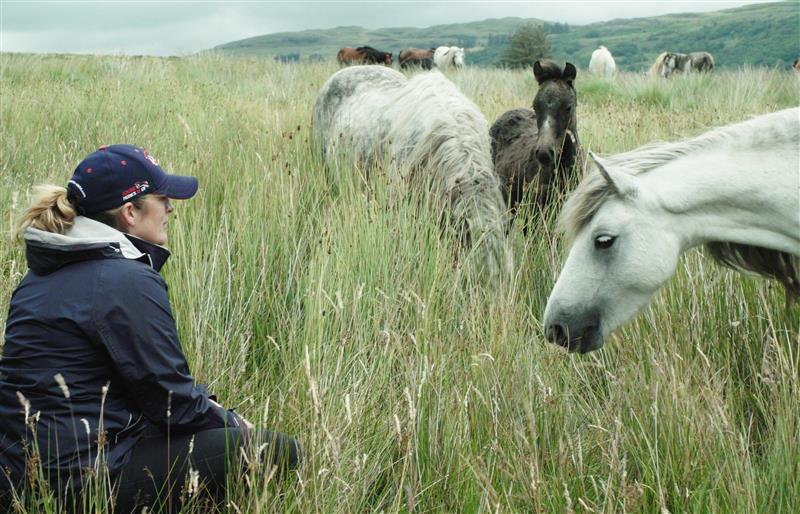When travelling your horse, you need to not only think about the selection and safety of the vehicle, but also consider the horses fitness to travel.
Before going on any journey, the horse’s fitness to travel should be evaluated. This includes whether they are physically healthy to travel. Travelling horses can be strenuous and cause horses to lose weight or become dehydrated, especially with increased journey lengths. You also need to consider any current or previous injuries that may be exacerbated by standing and shifting their weight to balance themselves for the duration of your planned journey. Additionally, travelling has been linked to increased risk of respiratory illness due to the position of the horses’ head in relation to their hay net and lack of appropriate ventilation.
You also need to evaluate whether they are mentally and emotionally prepared for the journey. Some horses find loading and travelling, particularly alone, scary. This can be due to a previous bad experience, separation anxiety or pain. A confident horse will load and travel much better than a stressed horse. Transporting stressed horses increases the risk of injury to themselves and any handlers. It also makes travelling them again harder as they have had a negative experience.

How well your horse loads should also be part of your fitness to travel evaluation. Do you have to resort to pulling them in using lunge lines? Or do they load easily? Training horses to load using positive reinforcement, and making loading and travelling a positive experience will make the journey less stressful for your horse and give you peace of mind that they will load at either end of your journey. It takes time and patience to train horses to load and travel calmly, especially those who have already had a negative loading/travelling experience, but the benefits of doing so will set you and your horse up for success in the long run.
Did you know?
It is a legal requirement to transport your horse with its passport which should have up to date ownership information, the horses microchip number and vaccination history.
For more information on safe transport, see our Travelling safely: horsebox and trailer requirements page.
Popular advice in General advice

Fireworks: keeping your horse safe
Fireworks events can be a worrying time for horse owners. Read our ideas to help you and your horse have a less stressful night.

Buying or selling a horse: top tips
If you are thinking about buying or selling a horse here are some tips to help make sure everything goes well.
Other advice categories
All webinar categories:
Call our Advice Line
+44 (0)1953 497 238Not found the advice or answer you were looking for here? Then our Advice Line is available during office hours, or you can email us on [email protected] to let us know what topics you were looking for.


